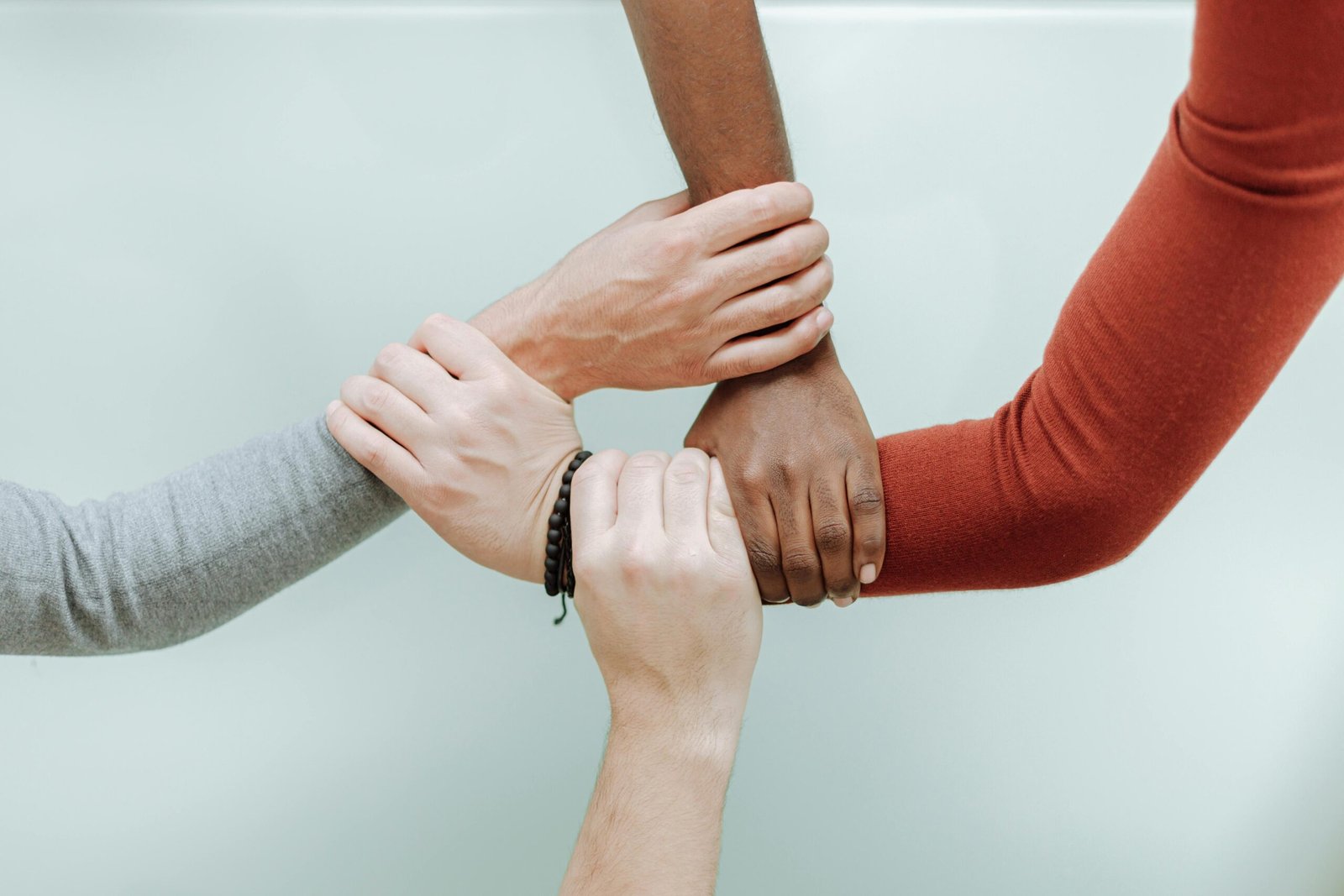The virtue of Humanity represents the strengths that allow us to build meaningful, caring, and compassionate relationships with others. At its core, Humanity is about connection—how we express love, show kindness, and understand people on a deeper emotional level.
Unlike some virtues that are more inward or intellectual, Humanity focuses on how we relate outwardly. It’s about building bonds, fostering empathy, and contributing positively to the well-being of others.
What Are Humanity Character Strengths?
In positive psychology, Humanity is one of the six universal virtues that highlight the best aspects of human character. Where Courage is about acting in alignment with values and Wisdom & Knowledge is about how we think, Humanity is about how we care.
The Humanity virtue is expressed through three powerful character strengths:
- Love – Valuing close relationships and showing genuine warmth and affection.
- Kindness – Acting generously and compassionately without expecting something in return.
- Social Intelligence – Understanding emotions, navigating social situations, and responding thoughtfully to others.
Together, these strengths strengthen bonds and create the foundation for trust, compassion, and belonging.

Why Humanity Matters
Humanity is the glue that holds relationships, families, and communities together. When people develop Humanity character strengths, they:
- Build stronger connections by giving and receiving love.
- Promote well-being through acts of kindness and compassion.
- Enhance communication by understanding the feelings and needs of others.
- Create supportive environments where people feel seen, valued, and respected.
In both personal and professional settings, Humanity fosters cooperation, empathy, and resilience—qualities essential for thriving communities.
The Three Humanity Strengths
Let’s explore each of the Humanity character strengths in more detail.
Love
Love is about forming close relationships characterized by warmth, trust, and care. It involves both giving and receiving affection, and valuing the people who matter most to us.
- In daily life: Spending quality time with loved ones, expressing gratitude, or offering emotional support.
- At work: Building strong team bonds, showing appreciation, and developing trust with colleagues.
- In personal growth: Learning to be vulnerable, open, and authentic in relationships.
Love provides us with a sense of belonging and security—it’s a reminder that connection is a basic human need.
Kindness
Kindness is the strength of being generous, compassionate, and helpful. It’s about taking action to make life better for others, without expecting anything in return.
- In daily life: Small acts like holding the door, offering a smile, or checking in on a friend.
- In communities: Volunteering, donating, or helping those in need.
- In relationships: Offering patience, forgiveness, and encouragement when others struggle.
Kindness spreads positivity. Even simple acts can have a ripple effect, inspiring others to pay it forward.
Social Intelligence
Social Intelligence is the ability to understand and navigate social and emotional dynamics. It means recognizing feelings in ourselves and others, and responding appropriately.
- In conversations: Listening actively, noticing body language, and responding with empathy.
- At work: Managing conflicts, leading with emotional awareness, and fostering team collaboration.
- In relationships: Understanding what others need emotionally and offering support without judgment.
This strength allows us to build trust, resolve conflicts, and maintain healthy connections across different areas of life.
Practical Ways to Build Humanity
Humanity is a virtue that can be strengthened through intentional practice. Here are ways to cultivate each strength:
- Love: Express gratitude to loved ones, spend quality time, and practice active listening.
- Kindness: Perform random acts of kindness daily—small gestures can have big impacts.
- Social Intelligence: Develop emotional awareness by journaling, practicing empathy, and observing nonverbal cues.
Over time, these practices deepen our relationships and create environments of warmth and compassion.
Humanity in Everyday Life
Humanity character strengths play a vital role in shaping how we live, work, and connect.
- At home: Love strengthens family bonds, kindness creates harmony, and social intelligence helps resolve conflicts.
- At work: Social intelligence builds stronger teams, kindness boosts morale, and love (in the sense of deep care) fosters loyalty and trust.
- In communities: Humanity strengthens cooperation and builds resilience during collective challenges.
When we practice Humanity, we remind ourselves that life is richer when it’s shared with compassion and connection.
Key Takeaways
- Humanity is one of the six universal virtues in positive psychology.
- It includes three character strengths: Love, Kindness, and Social Intelligence.
- These strengths help us form close relationships, act with compassion, and understand others deeply.
- Practicing Humanity strengthens bonds, spreads positivity, and creates supportive communities.
Final Thoughts
The virtue of Humanity highlights the importance of connection, compassion, and understanding in our lives. Through love, kindness, and social intelligence, we create stronger relationships, healthier communities, and a deeper sense of belonging.
By practicing these character strengths daily, we bring more warmth and meaning to our interactions—reminding ourselves that true happiness often comes from how we treat others.
To deepen your understanding of Humanity and other character strengths, you can explore the online courses and certifications offered by the School of Positive Transformation. Their evidence-based programs are designed to help you develop emotional awareness, compassion, and positive relationships—skills that enhance both personal growth and professional practice.




